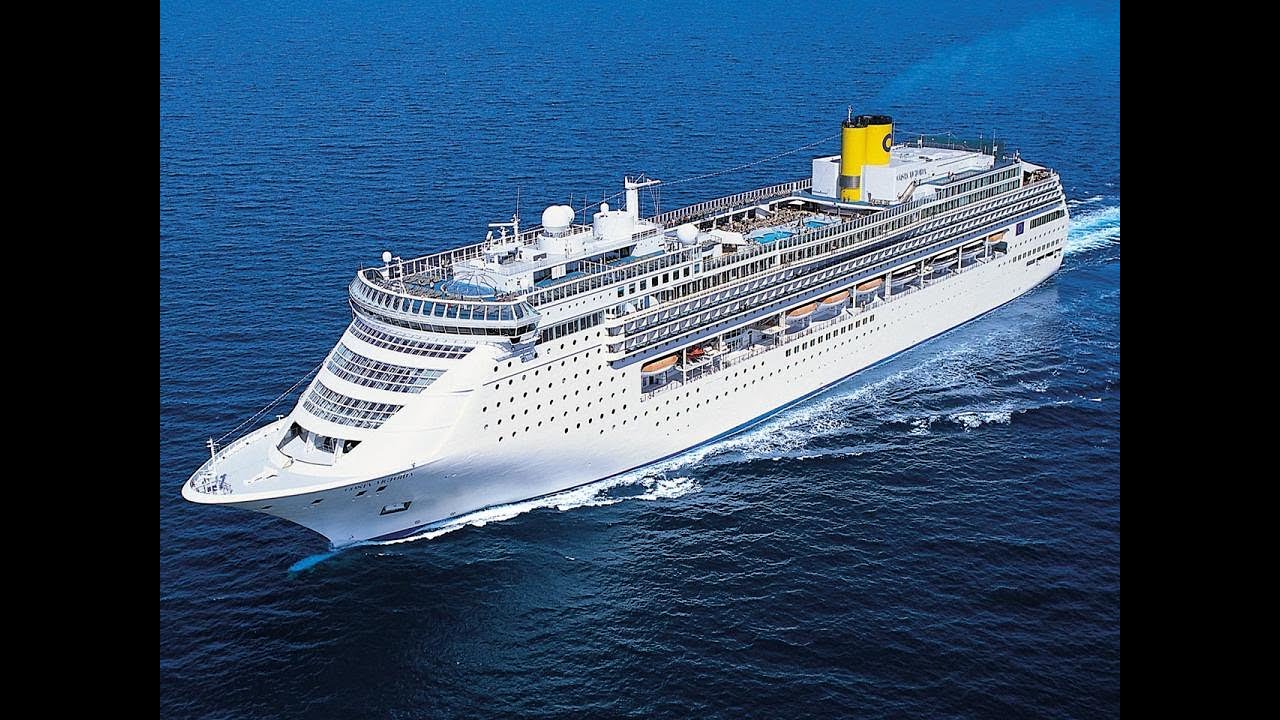Explanation of Boiler Feed Water & Its Treatment | Engineering Chemistry
Summary
TLDRBoiler feed water is essential for generating steam in industrial boilers, which is used for power and heating. Natural water sources are unfit due to impurities, necessitating pre-treatment to remove contaminants. This treated water, combined with returned condensate and makeup water, forms the boiler feed. Proper treatment is crucial to prevent scale formation, corrosion, and ensure efficient heat transfer. Key specifications include hardness below 2 ppm, alkalinity levels, and freedom from turbidity, sediments, organic matter, oil, and grease.
Takeaways
- 🔥 Boilers are essential in industries for generating steam, which is used for power and heat production.
- 🔨 The boiler consists of two main components: the furnace, which provides heat by burning fuel, and the boiler proper, where water turns into steam.
- 💧 Modern boilers require high-quality water for efficient operation, which is not readily available from natural sources due to impurities.
- 🌀 Boiler feed water is specially conditioned water that is fed into the boiler to produce steam or hot water.
- 🔄 Steam is condensed after use and returned as pure feed water, mixed with fresh water or makeup water to form boiler feed water.
- 🚰 The quality of boiler feed water depends on the makeup water and the amount of condensate returned to the boiler.
- 🧹 Impurities can accumulate at the bottom of the boiler, which can be removed by the blowdown operation, discharging water to the drain.
- 🛡️ Proper treatment of boiler feed water is crucial to prevent the concentration of dissolved solids that can cause poor heat transfer and boiler corrosion.
- 📋 Boiler feed water should meet specific specifications, including hardness below 2 ppm, and alkalinity within certain ppm ranges.
- 🌿 The water must be free from turbidity, sediments, organic matter, oil, and grease to avoid fouling.
- 🚰 In thermal power stations, feed water is stored, preheated, and conditioned before being pumped into the boiler.
Q & A
What is the primary purpose of a boiler in an industrial setting?
-The primary purpose of a boiler in an industrial setting is to generate steam, which is then used to generate power and heat.
What are the two main components of a boiler?
-The two main components of a boiler are the furnace, which provides heat by burning fuel, and the boiler proper, where water is converted into steam due to heat.
Why is boiler feed water important for the efficient operation of modern boilers?
-Boiler feed water is important because modern boilers require high-quality water to operate efficiently, and natural sources of water contain impurities that make them unfit for use in boilers.
What is the process of treating water to make it suitable for use in boilers called?
-The process of treating water to make it suitable for use in boilers is called pre-treatment, which involves various techniques to remove impurities.
What is the difference between boiler feed water and return water?
-Boiler feed water is the specially conditioned water fed into the boiler to generate steam or hot water, while return water is the steam that has been condensed after use and is returned as pure feed water.
What is the purpose of blowdown operation in a boiler system?
-The purpose of blowdown operation is to remove impurities that have settled at the bottom of the boiler by discharging some water to the drain.
Why is it necessary to treat boiler feed water properly?
-Proper treatment of boiler feed water is necessary to prevent the concentration of dissolved solids that can form deposits, leading to poor heat transfer and reduced boiler efficiency, as well as to protect the boiler from corrosion caused by dissolved gases like oxygen and carbon dioxide.
What are the typical specifications for boiler feed water hardness and alkalinity?
-The hardness of boiler feed water should be below 2 parts per million, and its total alkalinity should be between 15 and 45 parts per million, while soda alkalinity should be between 45 and 1 part per million.
What should boiler feed water be free from to avoid forming deposits?
-Boiler feed water should be free from turbidity, sediments, organic matter, oil, and grease to avoid forming deposits.
How is feed water typically stored and conditioned before being fed into the boiler in thermal power stations?
-In thermal power stations, feed water is usually stored, preheated, and conditioned in the feed water tank before being forwarded into the boiler through the boiler feed water pump.
Outlines

Cette section est réservée aux utilisateurs payants. Améliorez votre compte pour accéder à cette section.
Améliorer maintenantMindmap

Cette section est réservée aux utilisateurs payants. Améliorez votre compte pour accéder à cette section.
Améliorer maintenantKeywords

Cette section est réservée aux utilisateurs payants. Améliorez votre compte pour accéder à cette section.
Améliorer maintenantHighlights

Cette section est réservée aux utilisateurs payants. Améliorez votre compte pour accéder à cette section.
Améliorer maintenantTranscripts

Cette section est réservée aux utilisateurs payants. Améliorez votre compte pour accéder à cette section.
Améliorer maintenantVoir Plus de Vidéos Connexes

CARA KERJA BOILER (With ANIMATION) _ HOW BOILER WORK _ BOILER WORK ANIMATION _ RANKINE CYCLE

PENGOLAHAN AIR UMPAN KETEL (BOILER)

BOILER PABRIK KELAPA SAWIT

Rumus Praktis seri #01 #pmks #boiler #fiber #fibre #shell #cangkang #mesocarp #dayaturbin #power #kw

Using Natural Gas to Generate Electricity

Difference between Boiler water, Boiler feedwater & Engine cooling water/Ichem Week 1
5.0 / 5 (0 votes)
